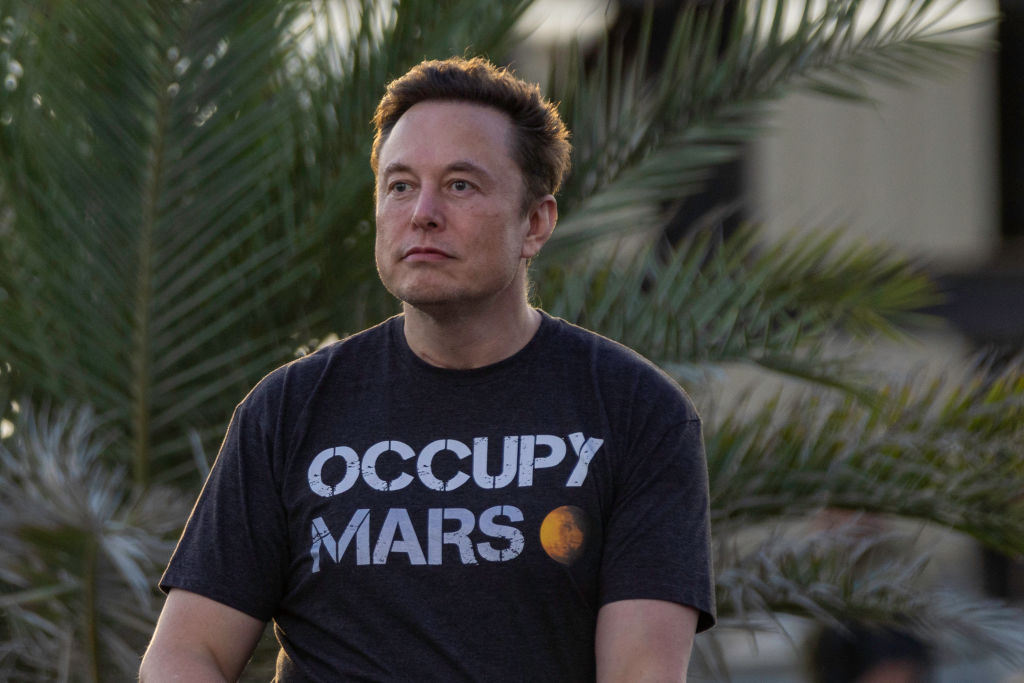Twitter’s doom loop will banish us to even more politically partisan corners

Every time Elon Musk tries to fix one problem at Twitter, it spawns a dozen more, but as advertisers continue to flee the social media site, we will lose a good deal of humour and a genuinely useful platform, writes Josh Williams.
In aviation, they call it a “death spiral”. A pilot loses their ability to judge direction and altitude, and with each wrong move they draw their plane into a tighter downward spiral. Once entered, there is no escape. The most common cause, to use another term that has entered popular parlance, is that the pilot is “flying by the seat of their pants”. This is to say they are flying without maps, a plan and reference to vital information on their dashboard. Instead, they rely, disastrously, on observation and instinct.
With only one name, the metaphor writes itself: Elon Musk. The eccentric billionaire’s Twitter takeover meets every condition of seat of the pants flying.
During the on-again, off-again deal, Musk set a share price that was at least in part a joke. The takeover price was $54.20. Rather than a carefully calculated evaluation of future earnings, the last three digits refer to online slang for cannabis.
After attempting to renege on the deal, Musk only completed his acquisition under the threat of legal action. Seeking cash to fund his extravagant folly, Musk loaded $13bn of corporate debt onto Twitter. In the process, he saddled the company with an annual interest payment of $1.5bn.
In 2021, before Musk arrived, Twitter made a loss of $221m. His takeover saw revenues plunge further still. Considering the platform toxic, advertisers are abandoning it. Revenues were down 40 per cent in December last year. As earnings plunge and costs rise, Musk has been forced to take evasive action, firing great swathes of his staff.
Even loyal deputies, like Esther Crawford, who publicly illustrated her commitment by posting a photo of sleeping at the office, have been cast out. Crawford had been leading Twitter Blue, the paid subscription service that Musk had hailed as Twitter’s saviour. This new service is said to be bringing in an additional $27.8m to the company. That figure is just 3 per cent of Twitter’s annual interest payment.
A BBC Panorama documentary on Monday night showed the true cost of these sackings. Twitter staff revealed to the film-makers that they are now unable to police trolling and hate on the platform. Data, provided by academics to the BBC, suggests that trolling and harassment is indeed rising.
This is the archetypal death spiral. Each attempt to correct a problem only makes it greater. Companies now consider Twitter so toxic, they are pulling their advertising. To reduce costs in response, Twitter sacks its employees, and the platform grows more toxic. More advertising disappears, and the doom loop tightens.
With Musk at the controls, schadenfreude – the pleasure in another’s failure – is a natural response. We shouldn’t, however, allow ourselves to fall for it.
For all its flaws, Twitter adds something important to the world. For all the talk of toxicity, it is more often a place of enjoyable inanity. Twitter’s users are, quite often, extremely funny, bringing a little joy to a humdrum day.
More seriously though, Twitter has become a place of public record. Twitter offers little in the way of considered analysis, but it has added to our understanding of the world. The war in Ukraine, the earthquake in Turkey, our experience of Covid-19. While cranks and trolls have spread disinformation on each, more often Twitter has cast light in on the otherwise unknown.
For all the fears of “echo chambers”, where Twitter users hear only from those they already agree with, the evidence suggests the opposite. Twitter more often breaks a bubble than forms one, connecting those with different opinions more in their online lives than in their offline ones. As such, Twitter has become a public marketplace, often rambunctious, but also drawing together those who disagree.
Today, it is hard to see how Twitter pulls out of its downward spiral. Each move it makes seems likely only to bring its demise a little closer. Should that happen, when confronting the wreckage, we will be forced to ask: what next? If the answer is a world that splits between platforms for the right and left, for one part of the world and not another, we will be worse off for Twitter’s demise.